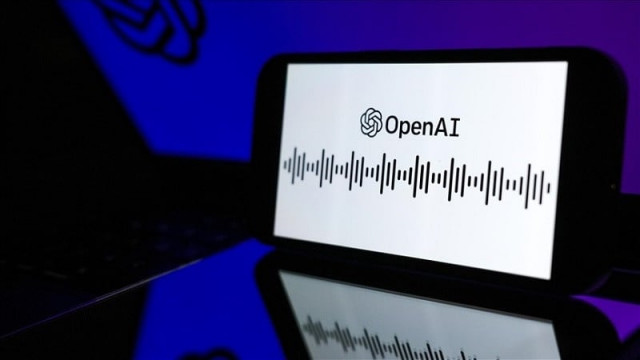OpenAI unveils new ChatGPT with enhanced reasoning capabilities for Math and Science problems
The ultimate goal is to create AI systems that can mimic human-like reasoning, solving problems step-by-step.

OpenAI, the company behind ChatGPT, has launched a new version of its popular chatbot aimed at tackling the persistent issues of flawed math, buggy code, and occasional fabrications. This upgraded ChatGPT leverages a novel AI technology called OpenAI o1, enabling it to "reason" through intricate tasks across math, coding, and science domains.
Unlike previous models, which responded instantly, the new ChatGPT can deliberate, analyze, and strategize its solutions, increasing the accuracy and reliability of its outputs. OpenAI showcased this improved capability with demonstrations of the chatbot solving complex puzzles, answering PhD-level chemistry questions, and diagnosing illnesses based on patient data.
This development reflects a broader industry push towards AI systems capable of complex reasoning. While Google and Meta are also pursuing similar technologies, Microsoft and GitHub are actively integrating OpenAI's advancements into their products.
The ultimate goal is to create AI systems that can mimic human-like reasoning, meticulously solving problems step-by-step. This could revolutionize fields like computer programming, education, and scientific research.
Although the new ChatGPT shows promise, experts caution that AI reasoning is still nascent and not without its flaws. It remains to be seen how these capabilities will translate to real-world applications and whether they will fully overcome the limitations of previous models.


















COMMENTS
Comments are moderated and generally will be posted if they are on-topic and not abusive.
For more information, please see our Comments FAQ